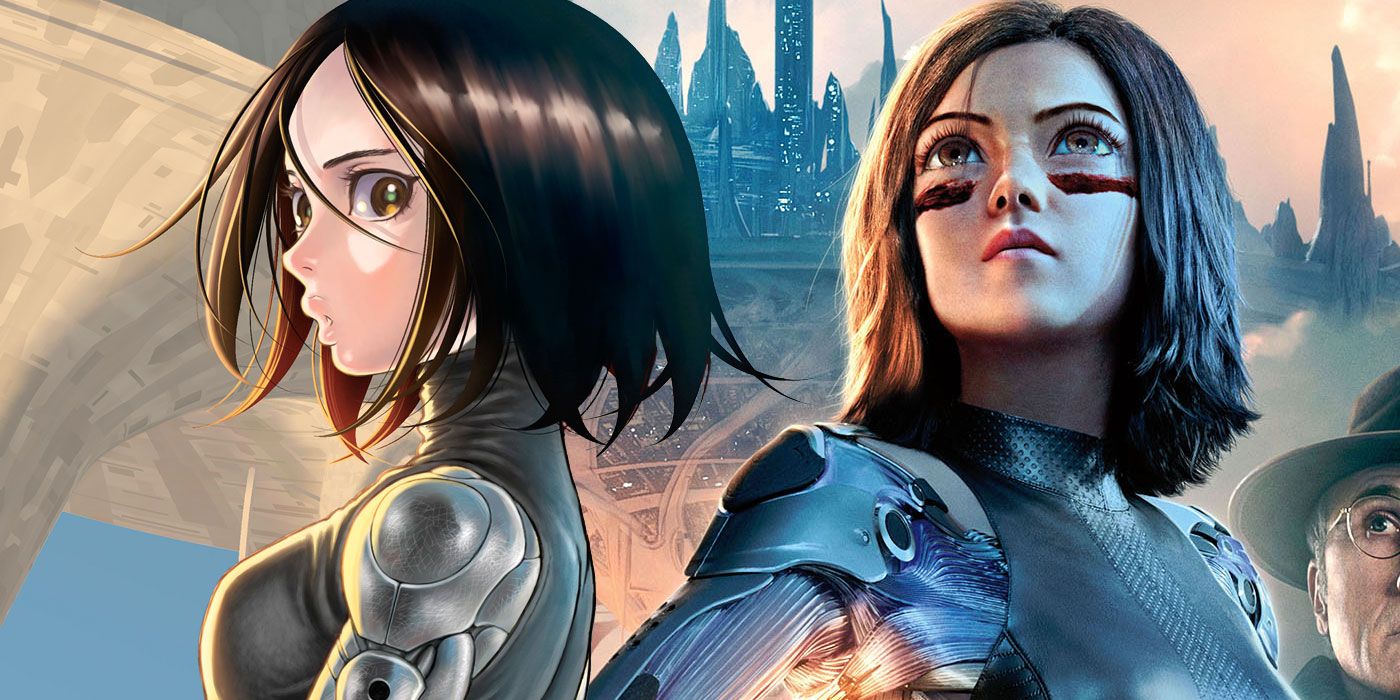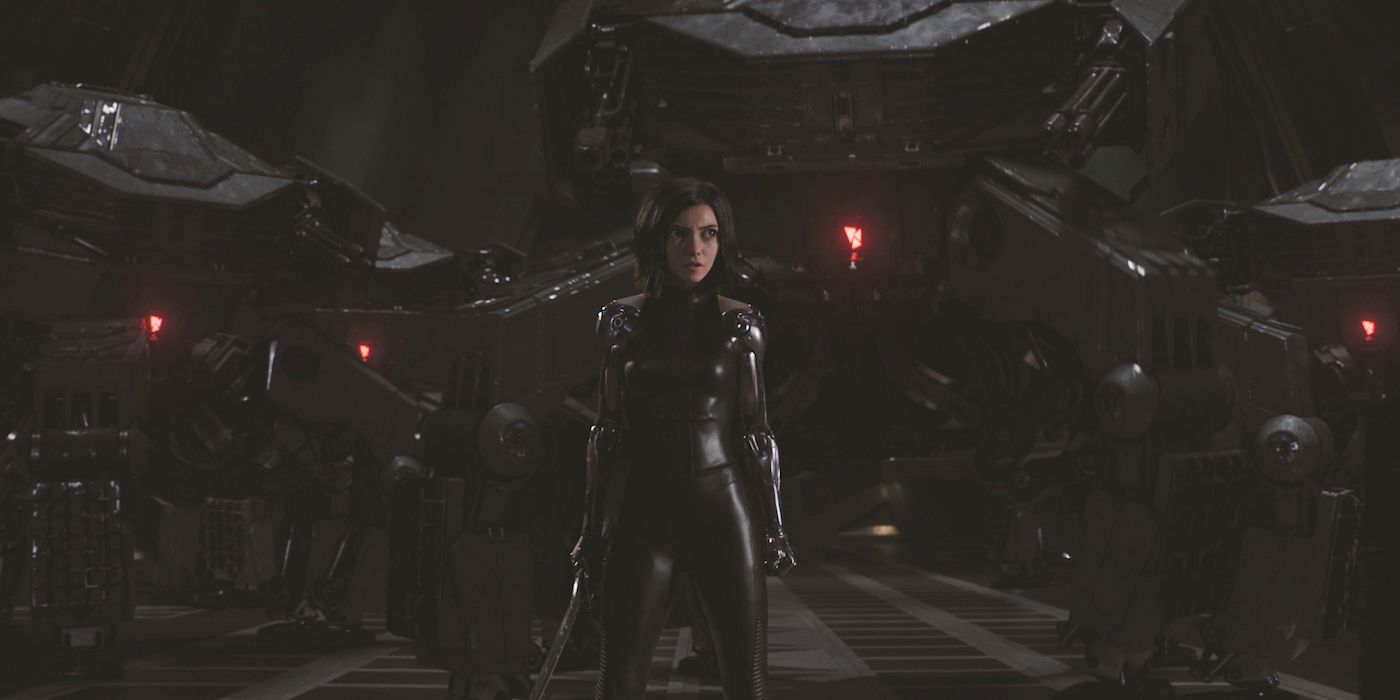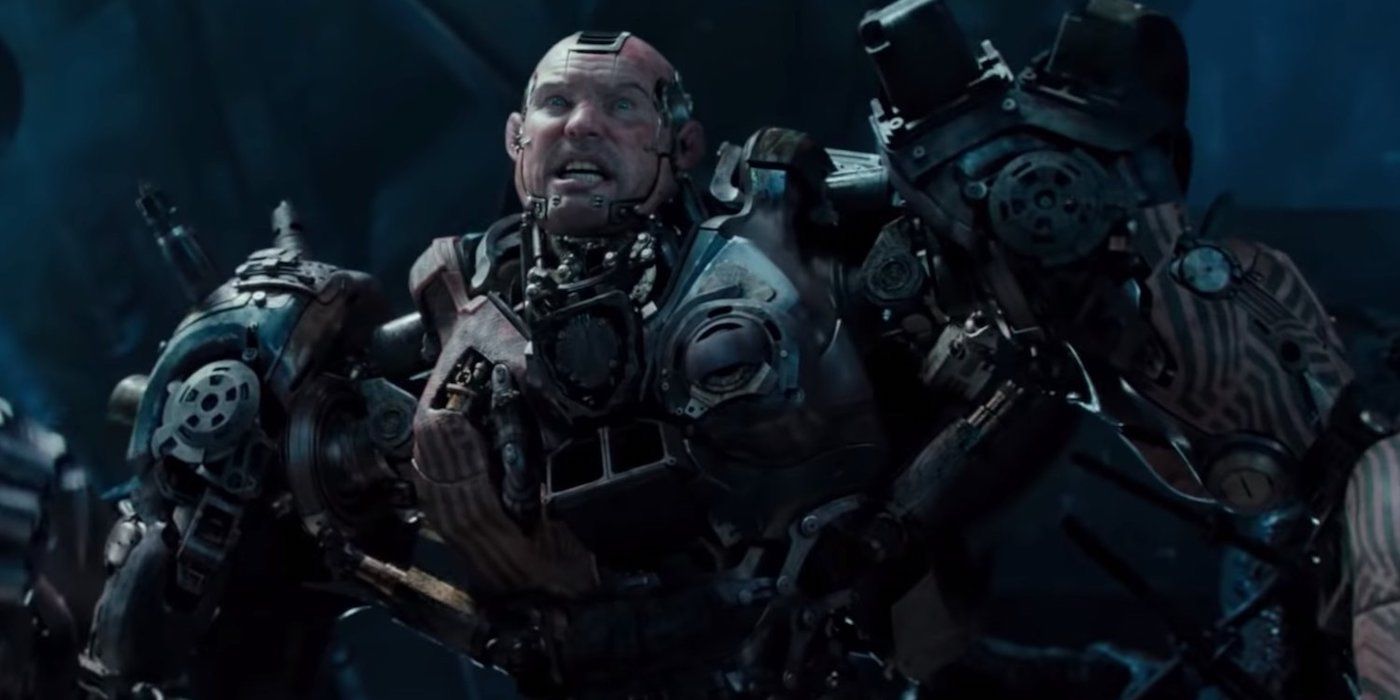WARNING: The following article contains spoilers for Alita: Battle Angel, in theaters now.
It's no secret that manga fans get skeptical when Hollywood decides to adapt one of its properties. Look no further than the utter failures, creatively and financially, of Dragonball Evolution and Death Note, and you'll see why these concerns arise. However, producer James Cameron and director Robert Rodriguez make a great case for live-action versions of beloved manga and anime properties with Alita: Battle Angel.
Admittedly, it's not easy translating Japanese properties for a Western audience, namely North America. Manga stories have a bombastic, over-the-top and at times, outlandish vision to them that can be difficult to properly convey in a movie. Manga like Naruto and the Rorouni Kenshin saga are prime examples of properties that may have to much lore to them for a decent live-action adaptation, but times have changed and Hollywood is doing a great job at crafting universe-building epics.
RELATED: Hollywood's Live-Action Anime Remakes Ranked, According to Critics
The Marvel Cinematic Universe is a great template for how expansive storytelling can be done, and that's what Alita obviously aimed to achieve by clearly setting up a franchise. This story tells of Rosa Salazar's Alita as a cyborg brought back to life, finding out it's her destiny to liberate Iron City from the oppression of the Sky City, Zalem. It ends with her getting ready to wage war on her oppressors, a finale that clearly sets up a longer adventure.
RELATED: Alita: Battle Angel: Movie Vs. Manga
Narrative flaws aside, the film is both a technical spectacle and a story filled with depth, which is what manga culture prides itself on. Manga is filled with sprawling worlds and heroes who may seem way more unbelievable than super-soldiers, vigilantes, armored up war machines and death goddesses, often packing several of these into one story. This can end up a ridiculous mess, or a gamble that pays remarkable dividends. We live in an era where audiences are used to seeing stories split into half-seasons, cinematic universes with characters and arcs divided into trilogies, and the technology to make any story come to life.
Rodriguez and Co. pack a warrior cyborg story into something that feels like Spartacus, yet it has a vision that rivals that of Star Wars. That may sounds like a lot, but Alita does it well, even finding time for (admittedly cliched) romantic sub-stories as well. And that's the beauty of why now's the perfect time to take manga stories and throw them into the mainstream like never before. Japan has a ton of them, with unique philosophies, codes, cultural flair and deep messages, just waiting to be adapted. If Hollywood can bring Transformers, Justice League and Avengers: Infinity War to the big screen, it can handle a proper manga epic.
RELATED: Alita: Battle Angel's Bounty Hunter With Robot Dogs Needs a Spinoff
Sure, Ghost in the Shell may have flopped (for obvious reasons), but that doesn't mean the entertainment industry should give up hope on Akira (which has been in development for some time), or shy away from the likes of Vampire Hunter D, Bleach, One Piece or an English version of Attack on Titan. Whether it's period pieces, futuristic cyber-tales or steampunk action flicks, manga has something for everyone. The onus is on Hollywood to find the right creators who can properly adapt and honor the original stories' mystique like Cameron's team did with Alita.
Directed by Robert Rodriguez, Alita: Battle Angel stars Rosa Salazar, Christoph Waltz, Jennifer Connelly, Mahershala Ali, Ed Skrein, Jackie Earle Haley, Keean Johnson, Michelle Rodriguez, Lana Condor and Eiza González, and is in theaters now.



